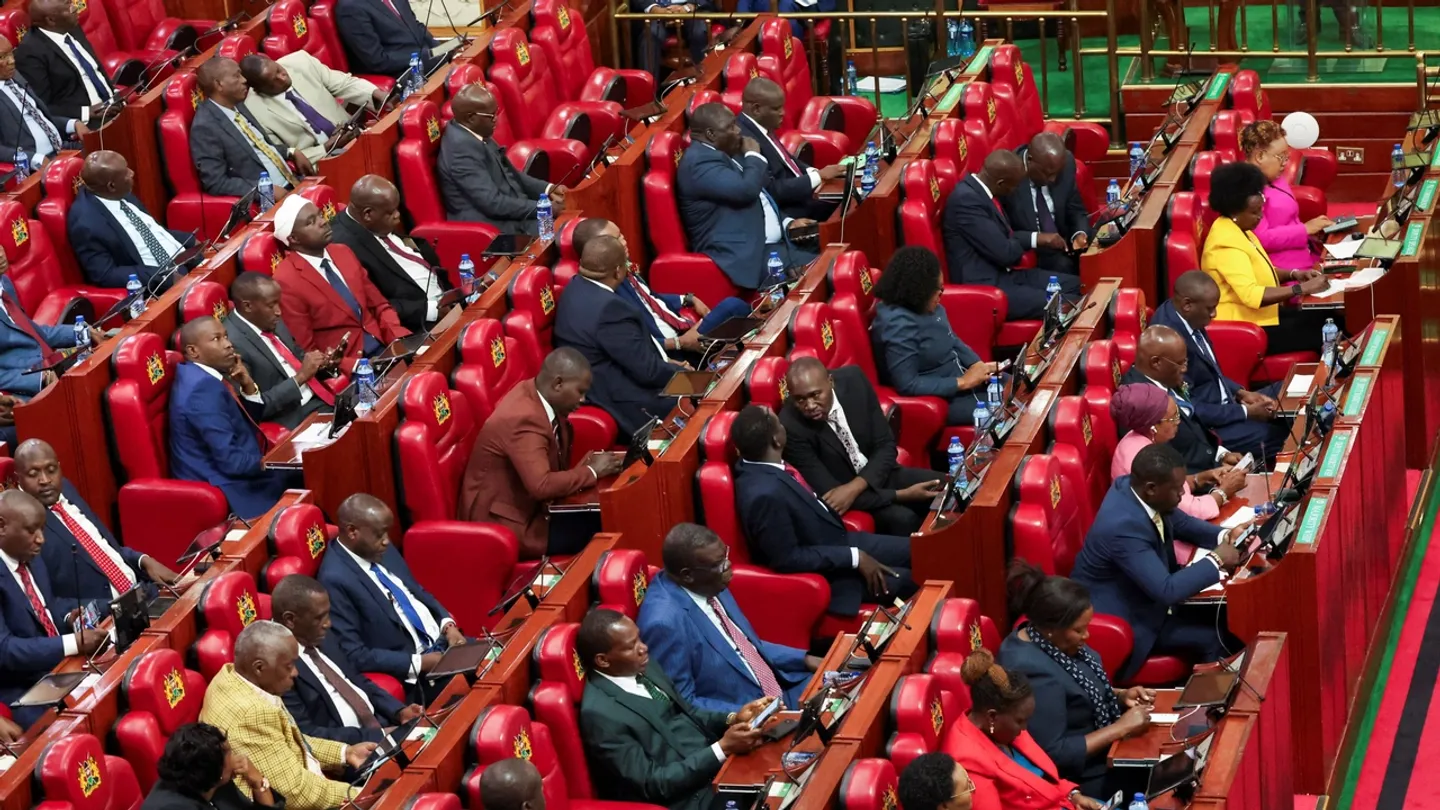
Kenyan lawmakers have approved a bill to regulate digital assets such as cryptocurrencies, marking a significant step in the country’s financial evolution.
The Virtual Asset Service Providers Bill, passed last week, aims to bring clarity to an industry long overshadowed by uncertainty. Kuria Kimani, chairman of parliament’s finance committee, said the legislation will encourage investment by providing clear rules for digital trading and financial technology.
President William Ruto is expected to sign the bill into law, which would make Kenya one of the few African nations—alongside South Africa—with dedicated cryptocurrency regulations.
Under the new framework, the Central Bank of Kenya will oversee licensing for the issuance of stablecoins and other virtual assets, while the Capital Markets Authority will supervise crypto exchanges and trading platforms.
The initiative comes amid global concern that U.S. dollar-backed stablecoins could weaken local currencies in developing economies. Kenyan officials hope the legal certainty will attract major international players, including Binance and Coinbase, to the country’s fintech sector.
“We are hoping Kenya can now be the gateway into Africa,” Kimani said, noting that most young people aged 18 to 35 already use virtual assets for trade, payments, and investment.
While digital assets have expanded rapidly worldwide, governments have struggled to prevent their misuse for criminal activities. Kenya’s law draws on models from the United States and Britain to balance innovation with regulation.
The development builds on Kenya’s legacy of financial innovation, pioneered by Safaricom’s M-Pesa platform, which transformed mobile banking and connected millions to financial services.
With this new legislation, Kenya positions itself at the forefront of Africa’s digital finance revolution — seeking to turn ambition into opportunity under clearer, firmer rules.
